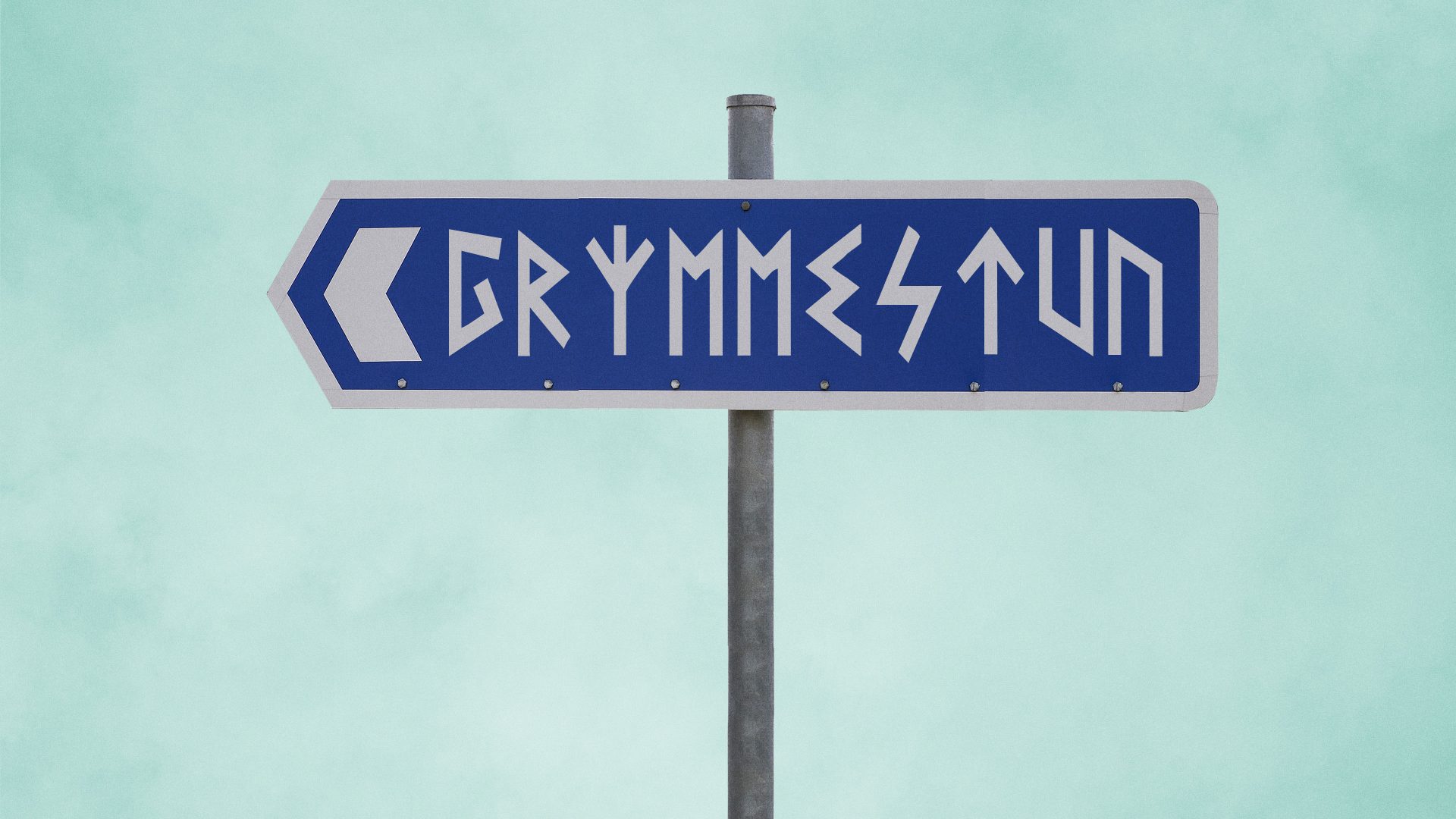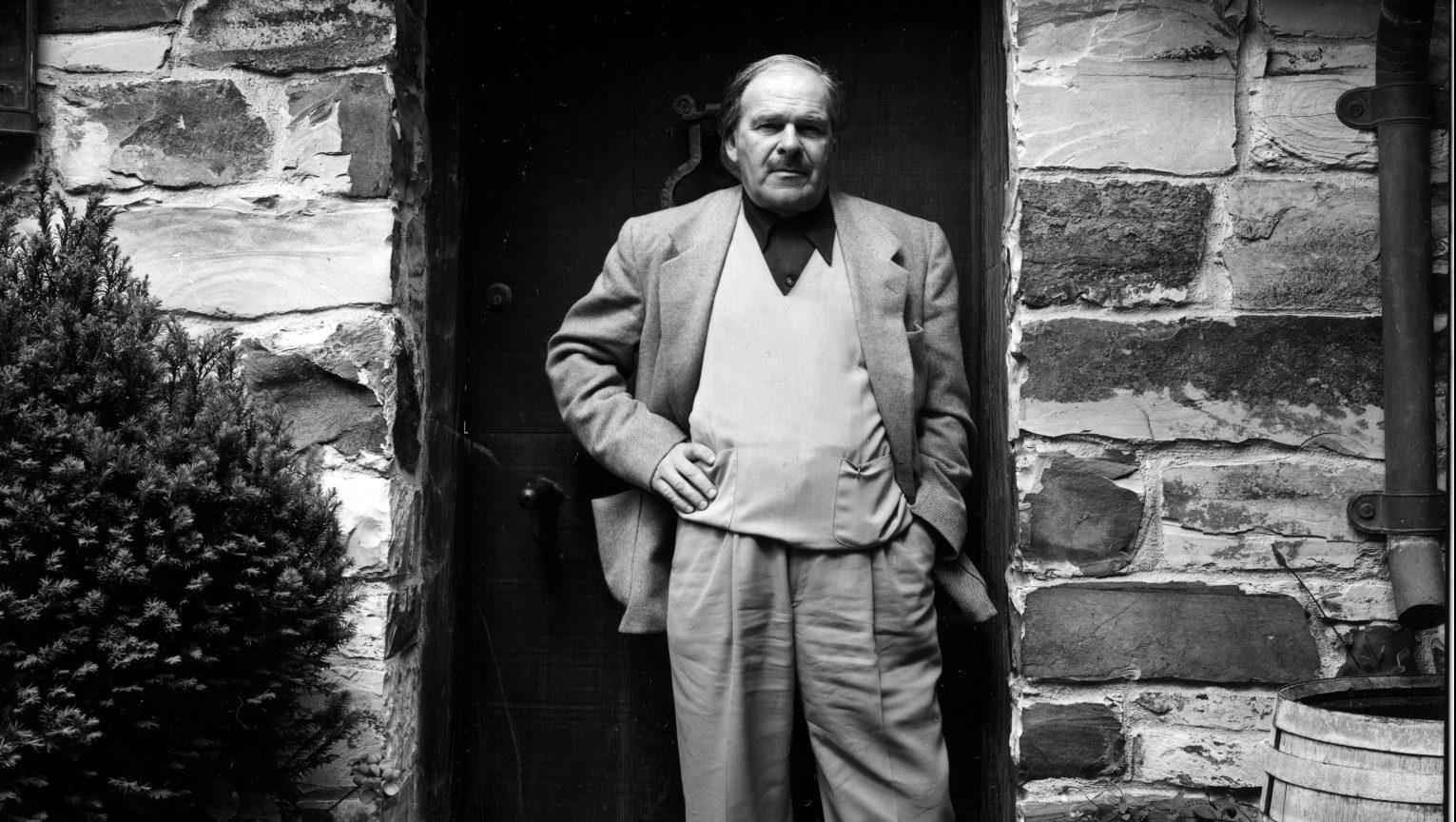Most placenames in England are Anglo-Saxon in origin. They are typically made up of Old English elements which are derived from West Germanic words that were brought over from continental Europe by the invaders and colonisers who crossed the North Sea to England during the 5th century AD.
The majority of these toponyms – such as Walsham and Runton – contain a specific (first) element which comes from an Old English word, often the personal name of an Anglo-Saxon leader (in these two cases the names were Walh and Runi) followed by an Old English generic second element, such as ham “homestead” (Modern English home) and tun “enclosure” (Modern English town).
It is true that in large areas of eastern England there are also placenames which are Old Danish in origin. But these names arose because of a much later, rather traumatic event: the invasion of England by the Great Heathen Army, as the Anglo-Saxons fearfully called it. This was the very large Scandinavian Viking army which landed on the East Anglian coast in 865, intent on conquering all of the major Anglo-Saxon kingdoms – Northumbria, Mercia, Wessex and East Anglia.
These Danish-origin placenames utilise elements which are made up of words from the Old Norse language of the Vikings, such as by “settlement”
and toft “house site”. Examples are Grimsby and Lowestoft, whose first elements come from the names of Danish leaders, in these cases Grimr and Hlodver.
Research has suggested that places with these Scandinavian names are generally found in locations which were less readily habitable than those which had already been taken by the Anglo-Saxons, who had arrived centuries earlier and helped themselves to the best sites. So it seems that the Vikings did not generally forcibly remove the Anglo-Saxons from their already settled villages.
But there are a few placenames which have a more complicated history, and which appear to indicate that the invading Danes did not always necessarily settle politely on virgin territory.
These names are called “Grimston hybrids” by onomasticians. Grimston, the name given to several villages in different parts of England, is one of a number of placenames where an Old English generic element such as -ton is preceded by a specific element of Old Norse origin, in this case the Danish man’s name Grimr.
After the Great Heathen Army had seized the part of Britain which became the Danelaw, they shared out the land that they now controlled between themselves. After four centuries of Anglo-Saxon ownership, the Leicestershire village now called Grimston fell to the Vikings. Its English Christian population came under the rule of alien warriors led by a pagan Dane called Grimr, and the village was (partly) renamed after him. The inhabitants of the village were probably not particularly happy about this.
However, there is another less violent possibility. It could have happened that the Viking leader Grimr, after some years of living in England, simply established a totally new village on empty land and gave it a partly English-language name, ending in -ton, fitting in with the names of the other settlements he now found all around him.
It certainly seems to be the case that, in terms of soil quality and habitability, when it comes to villages with Scandinavian names, Grimston hybrids were found in locations which are more desirable than those with purely Norse-origin names, like Grimsby.
TRAUMATIC
“Trauma” comes from Ancient Greek trauma “wound”. The word continues into Modern Greek, where it is pronounced “travma”. The Ancient Greek word referred to a physical wound. The additional modern meaning of “psychological wound, an event which causes such a wound” first appeared in English in the 1890s in the enormously influential work of the American psychologist William James, the brother of the novelist Henry James.




